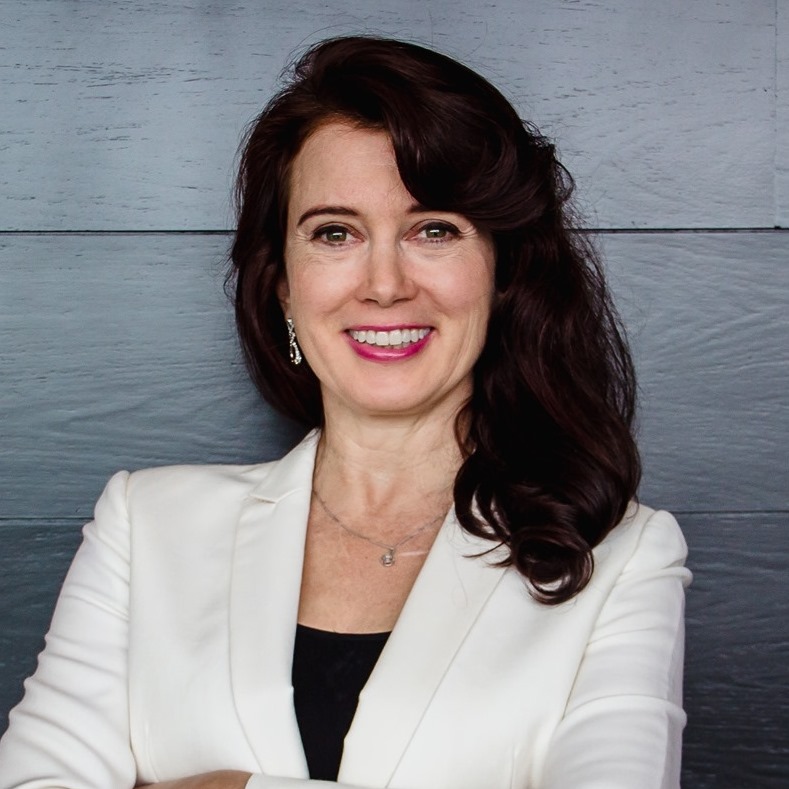
Managers and leaders are often massively challenged in how to quickly align cross-functional and multicultural teams in today’s mobile and ever changing global economy. A solid conflict management approach – having the knowledge, a reliable process and a system in place that people can follow – is crucial to not allow emotions to become overwhelming.To do so successfully requires a high level of interpersonal communication skills which are acquired through in-depth self-development, reflection, training, coaching, experience and practice. These interpersonal skills and awareness may not have been acquired on an equal scale as technical knowledge in the process of professional development.
To know what happens (a misunderstanding, a difference or an argument for example) does not imply that people know WHY it happens and HOW to create a shift and the necessary communication changes towards constructive solutions. Creating awareness of communication patterns and knowledge are key to a successful implementation of more efficient ways to communicate.
What is common in one cultural background might be highly offensive in another one.
Successful team alignment is going hand-in-hand with an individually tailored approach towards self- and intercultural awareness.
A science-based highly efficient proven training for leaders and team members in how to deal with communication challenges leads to successful interactions not only in the workplace, but as well in private interactions. Both result in improved life quality, efficiency and successful interactions.
Having extensively traveled and lived around the globe as well as through my work with international organisations, I noticed the awareness of the following key factors to be important for a successful alignment of a culturally diverse team:
- Global team leadership communication training and awareness of the professional and personal culture, vision, mission and goals.
- Personal and group communication skills training.
- Enhancing Intercultural Intelligence – intercultural diversity, thinking out of the box and tolerance can be trained: How to manage and leverage cultural differences. Cultural awareness of your own culture and the one you are moving into (Culture Shock) as well as the differences in communication and gender traditions.
- How to build interpersonal Trust, Connection and Rapport – How to build an open culture of feedback and authentic exchange, building bridges being aware of cultural differences.
- Self-Awareness, Emotional Intelligence and Stress management – the importance of mistakes, accepting them and moving forward – becoming solution and growth oriented.
- Curiosity to expand skills and perceptions towards a proficient interaction on all levels.
- Awareness of professional Boundaries and the importance of communicating clear and concise job descriptions. Intercultural differences can wreck havoc in this area.
- Listening skills – just because we do have two ears that can hear does not mean we know how to listen effectively. Respect and the knowledge in how to appreciate and connect. Support and appreciation are shown differently in various cultures.
To outsource this highly specialised learning and training processes and delivering and implementing them in an entertaining and interesting way does not only save enormous amounts of time and energy, but as well resources. A successful implementation leads to higher work satisfaction and appreciation of provided value, employee retention as well as higher productivity.
Hiring and collaborating longterm with a top-notch professional communication coach with extensive organisational development experience can be one of the most cost efficient and smartest choices for your business and organisation to avoid mishaps and achieve measurable results in a short period of time.
The team is efficiently guided towards creating a thriving company culture and a result driven alignment together where active awareness and contribution do matter. Job happiness and a highly efficient productive output are the result.
Editors Note: Sharesz, our Executive Communication Coach based in Malaysia also published this on LinkedIn




